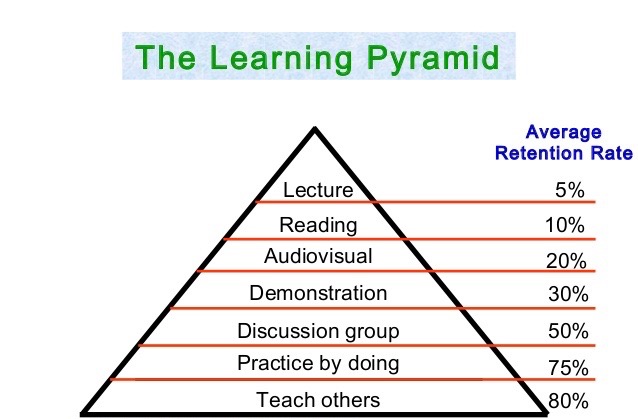International Email | How teaching makes you a better healthcare professional

Most health-care professionals consider that teaching helps them to perform better as practitioners, but there have been few studies that provide an evidence base for this widely held view. A recent paper in Medical Teacher1 set out to test this by using multi-source feedback (MSF) with large groups of different healthcare professionals.
MSF data for 1831 family physicians, 1510 medical specialists, and 542 surgeons were collected from physicians’ medical colleagues, co-workers (e.g., nurses and pharmacists), and patients and examined in relation to information about physician teaching activities including percentage of time spent teaching during patient care and academic appointments. Multivariate analysis of variance, partial eta squared effect sizes, and Tukey’s HSD post hoc comparisons were used to distinguish between group differences in total MSF mean and subscale mean performance scores by teaching and academic appointment data.
It was found that higher clinical performance scores were associated with holding any academic appointment and generally with any time teaching versus no teaching during patient care. This was most evident for data from medical colleagues, where these differences existed across all specialty groups.
The authors concluded that more involvement in teaching was associated with higher clinical performance ratings from medical colleagues and co-workers. They say, ‘These results may support promoting teaching as a method to enhance and maintain high-quality clinical performance.’
PRIME exists to help develop and support high-quality, holistic, leaner-centred teaching amongst healthcare professionals that leads to good values based whole person care in practice. Whilst our focus is generally on the need for medical teaching to be person –centred, interactive and problem based in order to promote a holistic, compassionate problem solving approach to practice amongst our participants, it is good to be aware of this evidence that shows teaching in itself helps enhance clinical performance in those doing it. Many will be aware of the ‘Learning Pyramid’ below, that shows that teaching about a topic results in an 80% retention rate of the subjects taught, higher than any other learning activity including practicing by doing.
So be encouraged that as a teacher you are not only facilitating the learning and professional development of your students and so helping them to be good healthcare professionals who will serve their patients well, but also helping to enhance your own clinical performance in caring for your own patients. From this it follows that teaching others to teach will have a beneficial effect on their clinical performance as well as giving them new skills. This is an activity that PRIME is increasingly involved in across the world (always aiming to establish a team anywhere we work who are able to spread the vision and teaching themselves). It is good to know that in so doing we are helping to improve the way our tutors themselves practice their profession, so improving healthcare provision wherever they are.
Reference:
1. http://www.tandfonline.com/doi/abs/10.3109/0142159X.2015.1112895

